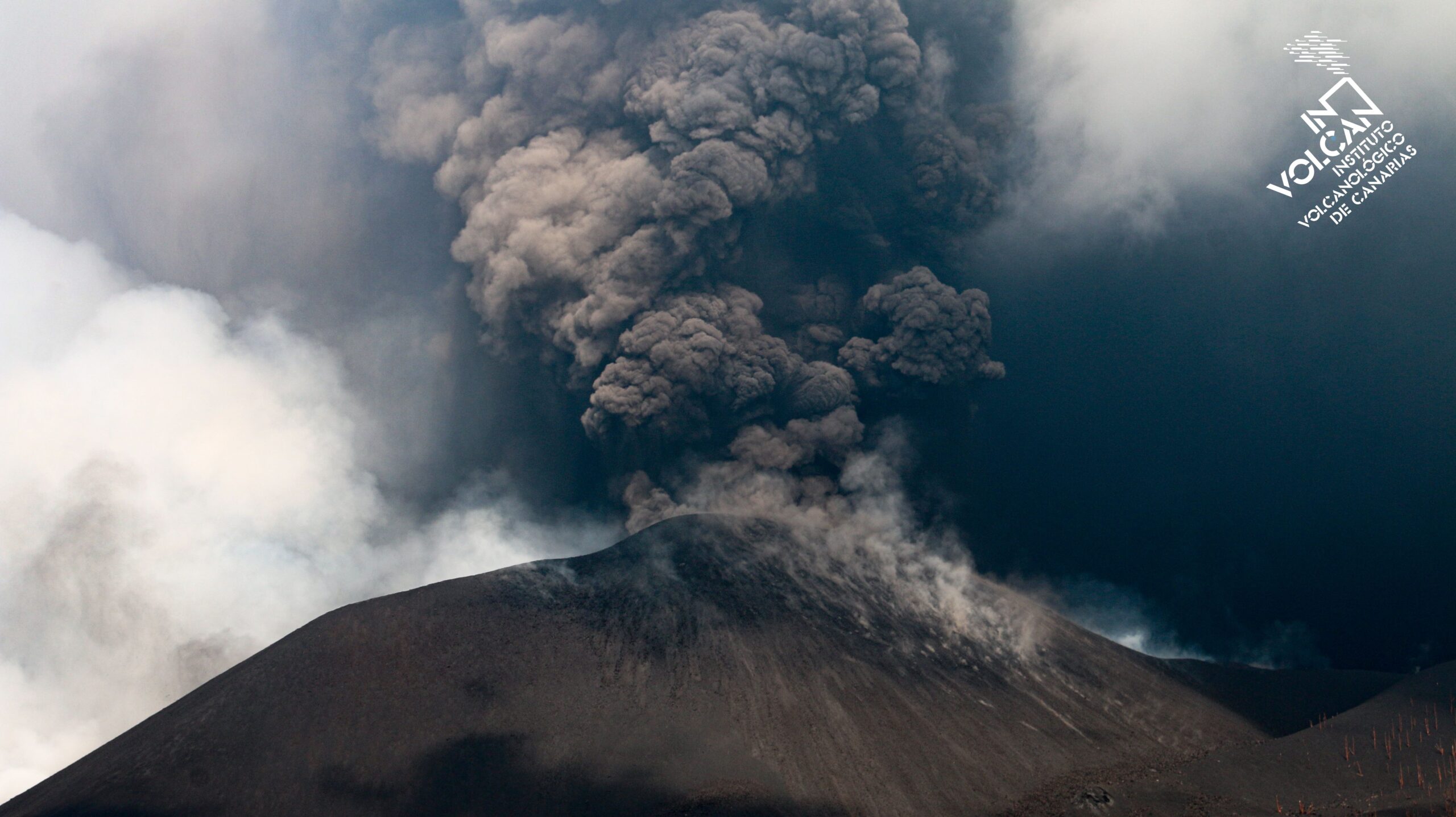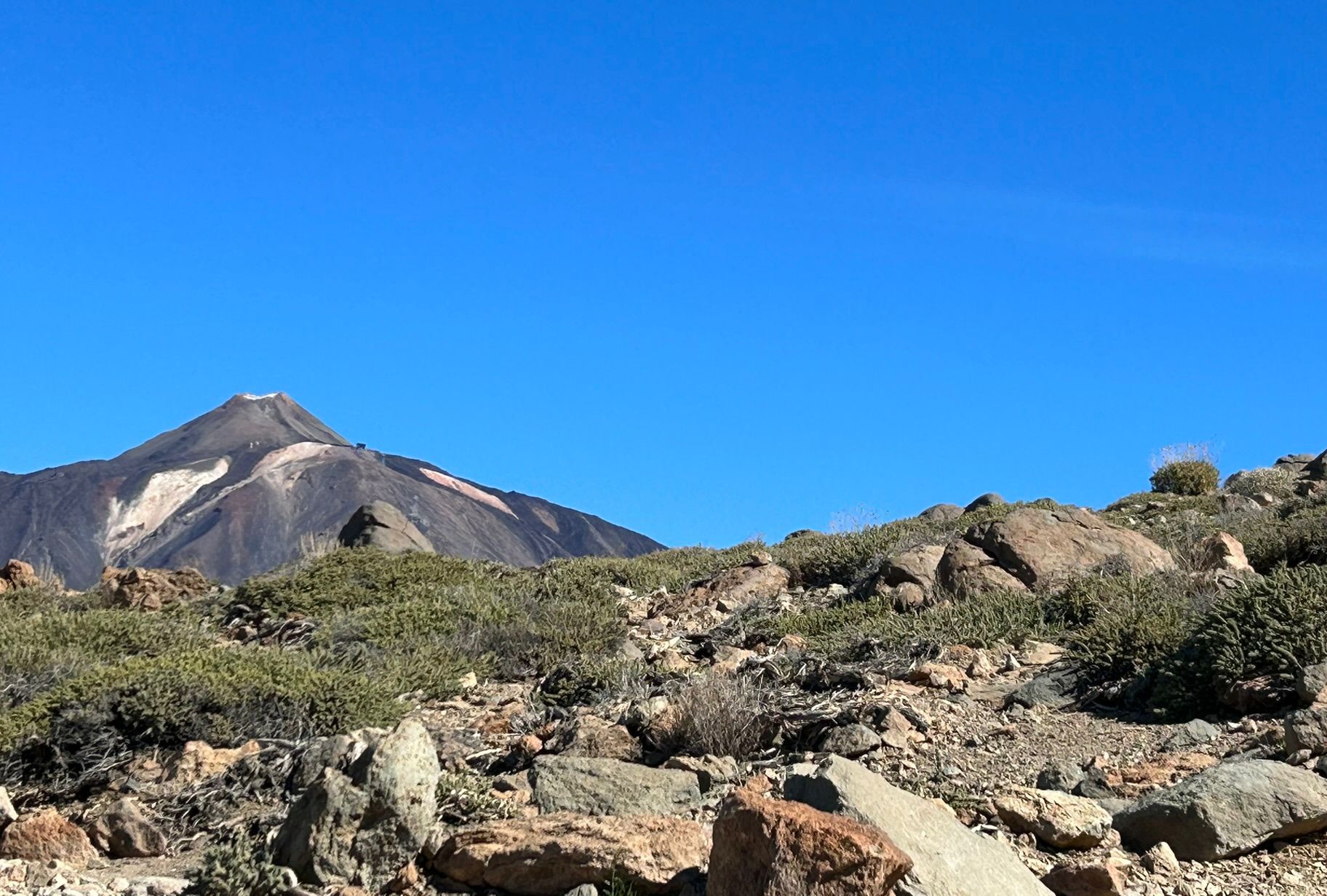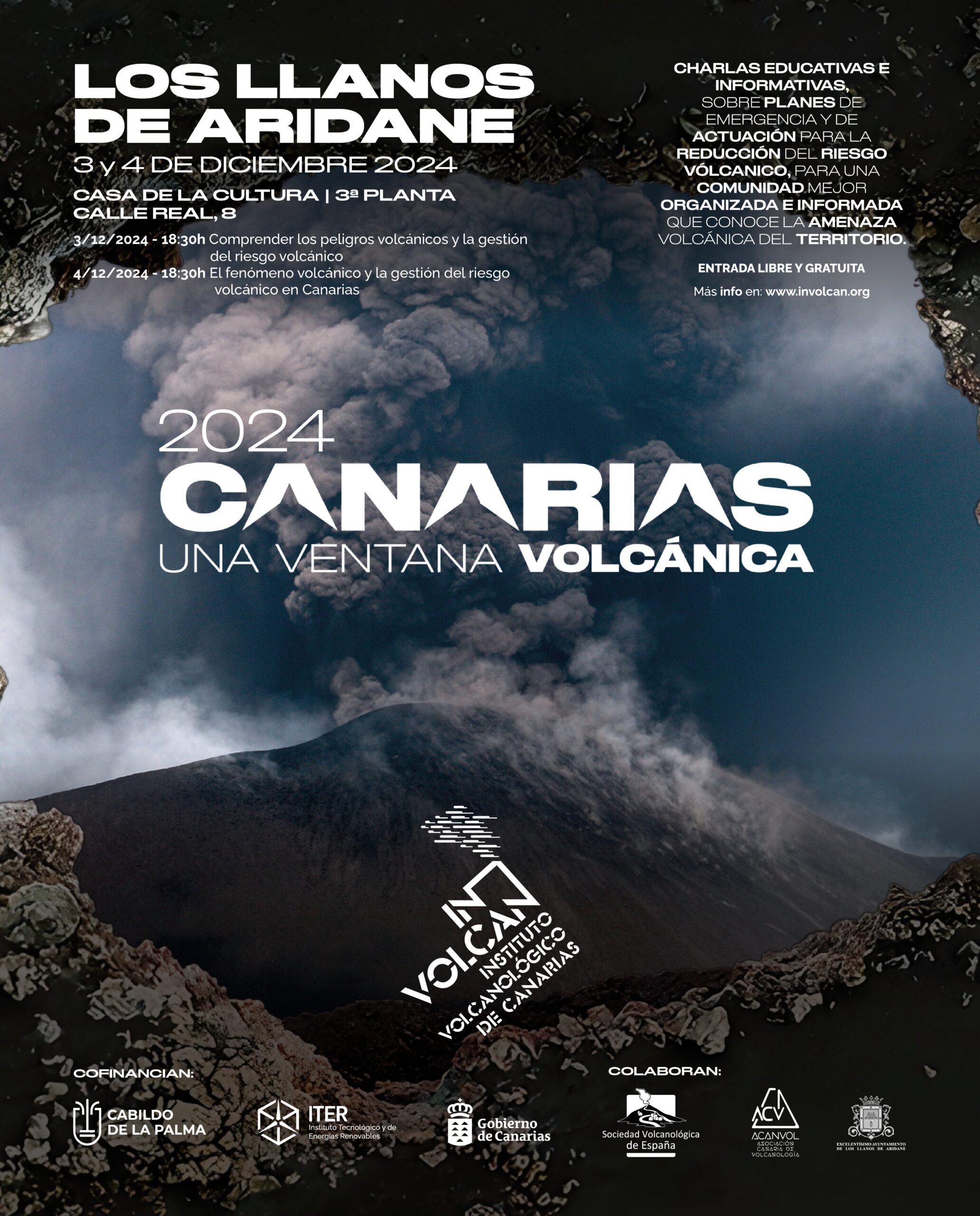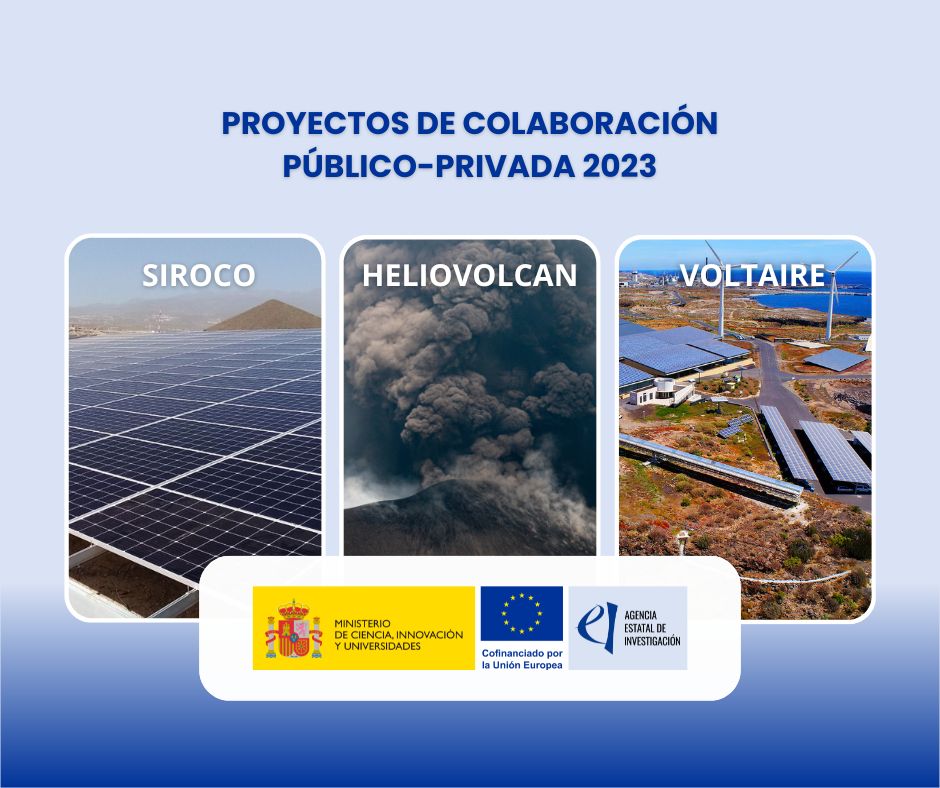EXPERIMENTAL DESIGN AND DEVELOPMENT OF PORTABLE EQUIPMENT FOR THE MEASUREMENT OF DIFFUSE HELIUM FLUX IN ACTIVE VOLCANIC SYSTEMS
Data
Acronym: HELIOVOLCAN
Reference: CPP2023-010593
Partners: Complutense University of Madrid (UCM) and Instituto Tecnológico y de Energías Renovables, S.A (ITER).
Duration: 36 months
Budget: 998,831.20 €
Co-Financing: Public-Private Collaboration 2023. State Plan for Scientific and Technical Research and Innovation 2021-2023. Ministry of Science and Innovation. Project CPP2023-010593 funded by MCIN/AEI /10.13039/501100011033 and by FEDER, UE.

Project overview
The HELIOVOLCAN project seeks to develop innovative tools for volcanic monitoring by creating portable prototypes capable of measuring diffuse helium (He) emission in volcanic areas in situ. This gas is a unique geochemical tracer, highly mobile, chemically inert and stable, that offers crucial information about magmatic activity with minimal chemical interferences. Direct measurement of He in the field will overcome current limitations, which depend on sample collection and laboratory analysis, providing more accurate and real-time data.
General objectives:
- Develop advanced technology: Design and build portable prototypes to directly measure diffuse helium emissions in volcanic areas, something currently not possible with available methods.
- Improve the prediction of volcanic activity: Provide a geochemical tool capable of detecting changes in helium emissions, which act as precursors to eruptive processes.
- Optimize early warning systems: Integrate the data obtained with multidisciplinary volcanic monitoring, improving response capacity to potential eruptions.
How it will be carried out:
- Research and design: Current limitations in He measurement will be analyzed, and technologies capable of capturing low gas flows with high sensitivity and precision will be developed.
- Construction and testing: The prototypes will be manufactured and tested under controlled conditions, adjusting their performance for He detection in volcanic environments.
- Field application: Pilot studies will be implemented in active volcanic areas, collecting helium emission data and comparing them with other geophysical and geochemical parameters to validate their usefulness as a predictive tool.
- Integration with monitoring systems: The results will be integrated into multidisciplinary volcanic monitoring systems, optimizing the early warning system by means of more precise detection of precursor signals.
The HELIOVOLCAN project will allow the scientific community to have a key tool for volcanic monitoring and prediction, strengthening risk mitigation capacities in communities exposed to this type of natural phenomena.
The HELIOVOLCAN project (CPP2023-010593), coordinated by ITER’s Environment Area, will last 36 months and is funded by the Ministry of Science and Innovation and the State Research Agency (10.13039/501100011033) and by the European Union through the European Regional Development Fund (ERDF).
Links of interest:









